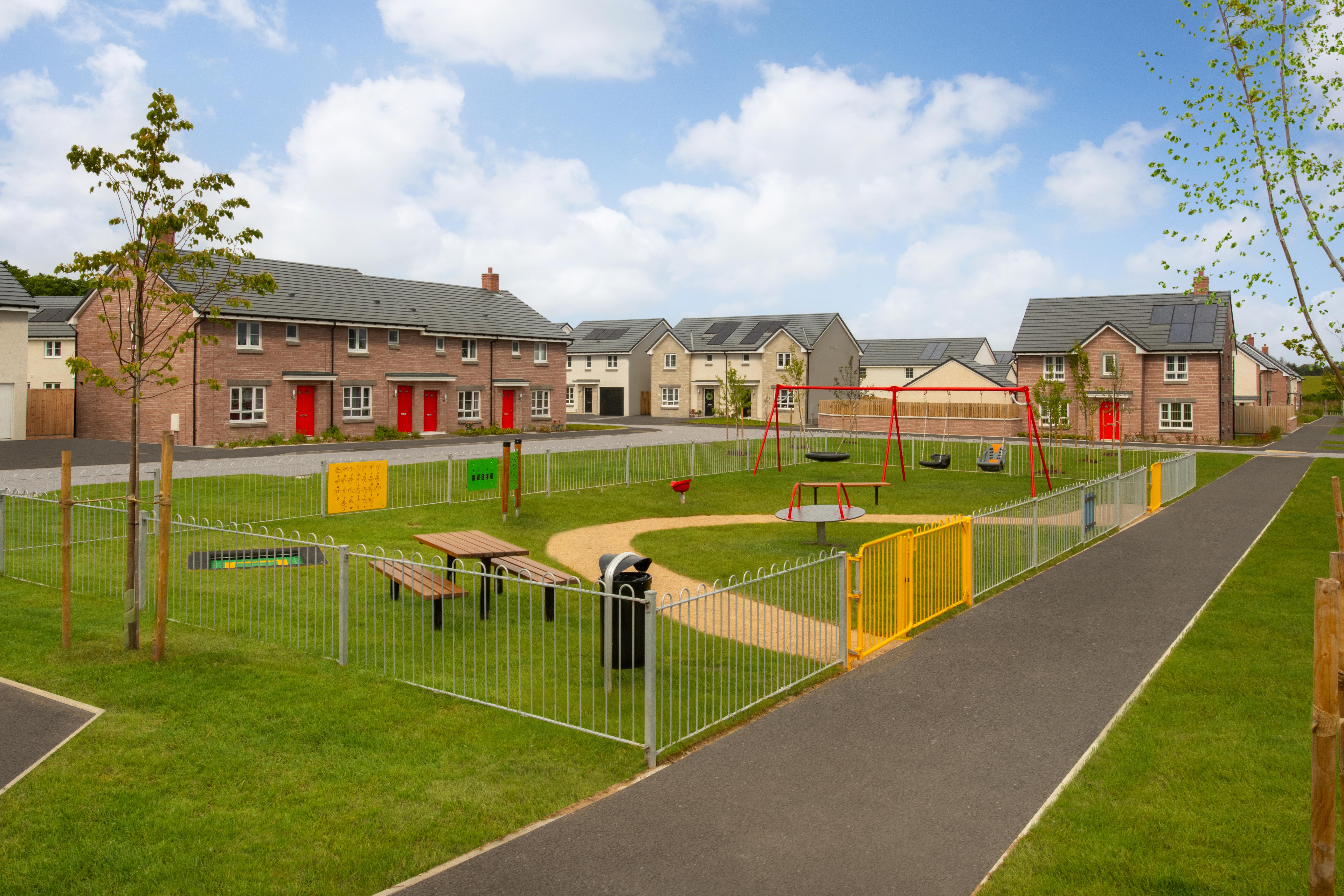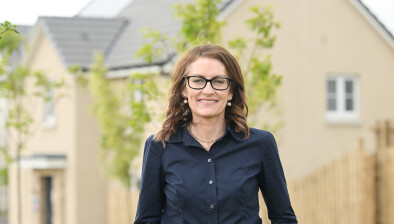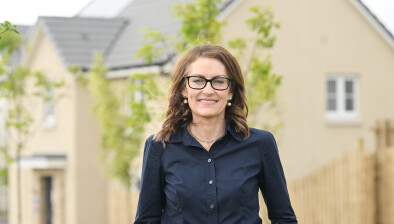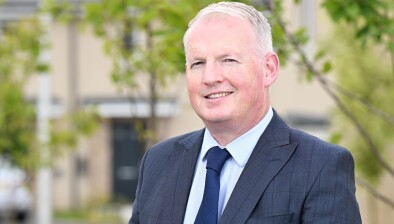Barratt Redrow makes landmark commitment to inclusive and accessible play

A Barratt Homes play park in Findrassie, Elgin
Housebuilder Barratt Redrow has made a landmark commitment to prioritise inclusive play spaces across its developments after new research revealed the extent to which children with disabilities are excluded from playgrounds in Scotland.
Across the UK, half (50%) of parents of children with physical disabilities surveyed say their child is excluded from play due to playgrounds being inaccessible to them.
In Scotland, parents of children who visit playgrounds are travelling an average of 3.77 miles from their homes to reach a suitable play area. As a result, 32% say they are relying more on screens because there are not enough suitable outdoor play areas nearby.
The research of over 2,000 parents from across the UK showed that exclusion from play is an issue for disabled and non-disabled children alike. Almost two thirds (65%) of UK parents surveyed say their children are playing out less than they did at the same age, with similar findings reported in Scotland (64%). Almost a quarter of parents in Scotland have struggled to find a playground that accommodates their child’s needs (23%), while others reported that their local playground is currently closed or out of order (36%).
Parents say the lack of play is negatively affecting their child’s ability to make friendships, build confidence and develop a sense of adventure, and shockingly over a third (37%) of children in Scotland now prefer to spend time playing indoors or on screens, creating barriers for children accessing outdoor play.
Barratt Redrow, of which Barratt and David Wilson Homes Scotland is a part, has now committed to incorporating inclusive and accessible play areas across its new developments in Scotland, working with children and young people to design play spaces that meet the needs of the local community where possible. As the UK’s largest housebuilder, this could deliver up to 100 new accessible and inclusive play spaces for parents and children to enjoy each year.
David Thomas, CEO of Barratt Redrow, said: “This isn’t just about playgrounds, it’s about building places where families can truly thrive, and that starts by ensuring every child can safely and confidently enjoy the freedom, fun and benefits that outdoor play delivers.
“We want local authorities and other homebuilders to work together to make inclusive and accessible play the standard, not the exception. When we build with all children in mind, we can create places that work better for everyone.”
Alison Condie, regional managing director at Barratt and David Wilson Homes Scotland, said: “Play isn’t a luxury, it’s something that inspires connection, confidence and childhood itself. This commitment will make a huge difference to parents and children in Scotland. We want parents and homebuyers to know that when they buy one of our homes, they can be confident that we’re prioritising the right things from day one.”
As part of its commitment, Barratt Redrow is ensuring play for everybody is the standard, not the exception. In practice, its new Inclusive Play Guidance will mean communities in Scotland can expect:
- Every play space being designed by Barratt Redrow will include inclusive equipment, accessible surfaces and be located in safe and easy to access locations for the whole community to enjoy.
- Designs will allow for active, challenging, imaginative, sensory and quiet play for children and young people, while encouraging social interaction between neighbours and friends.
- Play spaces will be integrated into high quality landscapes at the heart of our developments, bringing people closer to nature.
- Wherever possible, Barratt Redrow will work with children and young people to ensure they are continually responding to the needs of the local community.
As well as children’s charity Whizz Kidz, the Barratt Redrow Commitments and New Design Guidelines were created with support from industry bodies, including Play Wales, Play England, play expert Tim Gill and children’s psychologist Prof. Helen Dodd.






